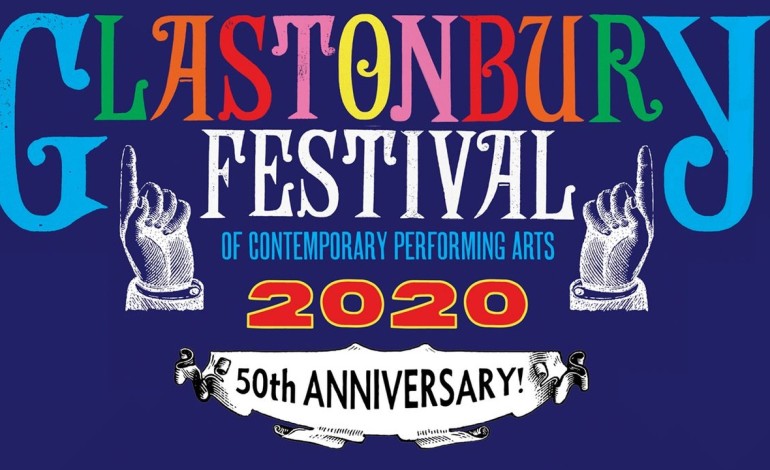
We didn’t want to hear about Glasto getting cancelled due to the coronavirus. We definitely don’t want to hear about it getting cancelled forever. But the UK’s favourite festival is at serious risk of never happening again. Festival organiser Michael Eavis has revealed that the prestigious event could go bankrupt if it can’t be staged in 2021.
This year would’ve marked the 50th anniversary, the plan was to celebrate with headliners like Paul McCartney, Kendrick Lamar and Taylor Swift. Now, fans must wait another year to celebrate – if it’s not going to being too late. “It has to happen for us, we have to carry on. Otherwise it will be curtains. I don’t think we could wait another year”, Eavis told The Guardian.
But a festival as big as Glastonbury, with big musicians like these, comes at a price. “Cancelling 2020 obviously cost us a sizeable sum of money”, Eavis’ daughter Emily, who’s been working side to side with her father for the past couple of years, has revealed. And Eavis himself has admitted that the cash isn’t flowing in the Glastonbury bank account: “We haven’t got unlimited resources – we carry enough to float the next event”, the 84-year-old-said. If the resources are gone, the Glastonbury experience could end up in your own backyard rather than at a festival ground, just like this Twitter user is currently experiencing:
@bbcglasto @glastonbury We have our Glasto at home set up – complete with our own Pyramid headliner pic.twitter.com/zV2XZpuCEn
— Claire Deakins (@clairebear2606) June 25, 2020
The entire live music industry is at risk at the moment, but with the largest greenfield festival in the world being self-organised, it makes Glastonbury dependant on governmental help. “The whole live industry will be hanging in the balance if we have another summer without festivals, and we don’t know what level of government support there will be for this industry”, Emily said.
She’s urged the government to refund license fees for 2020 events, as “the return of those fees, which can be tens of thousands of pounds, would offer a financial lifeline to many events.” With the entertainment industry being a huge income for the economy, as well as being a big part of peoples social lives, Emily has been calling out to the government for help: “The UK government is going to need to step up and support the British arts more broadly. This country’s venues, theatres, festivals, performers and crew bring so much to this country financially and culturally, but they need support now. Otherwise, I think we face the very real possibility of so many aspects of our culture disappearing forever.”
Here’s to hoping that this scenario will never happen.
